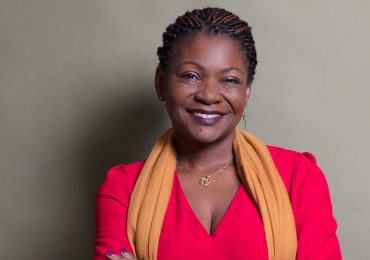Djiboutian author Abdourahman Waberi talks to RFI
Djiboutian author Abdourahman Waberi spoke to Radio France Internationale recently about his life growing up and his new book, Pourquoi tu danses quand tu marches? (JC Lattès, 2019).

Waberi calls the book his most personal yet, as it showcases his quintessentially Djiboutian upbringing and introduces readers to the cherished family who made him who he is today.
The book’s title comes from a question posed to him by his daughter about his gait. It unfolds as a response to the innocent question, which sparked in Waberi memories of childhood illness, schooldays and the Djibouti of the nineteen-seventies.
Waberi is a novelist, essayist, poet, and short story writer. He was born in Djibouti in 1965. His works include The Land without Shadows, Transit, and In the United States of Africa.
~~~
Patrice Nganang discusses the linguistic complexities of being a Cameroonian writer in his new essay, ‘A Life in Four Languages and a War’
‘My students all found it quite amusing, learning German from a Cameroonian, a Black man whose first language was French. I found it amusing too, and I remember provoking the laughter of the Caribbean writer Édouard Glissant, the master of créolité, when he visited my university and assumed that I was in the French department. I told him, no, and he had to pause. I quickly added that mine was simply the story of Cameroon, the story of a life in four languages.’

Patrice Nganang’s second book in his trilogy about Cameroon before and after World War II, When the Plums Are Ripe, was recently released in English (Farrar, Strauss and Giroux, 2019).
The quote above comes from his wry and insightful essay about Cameroonian polyglots.





